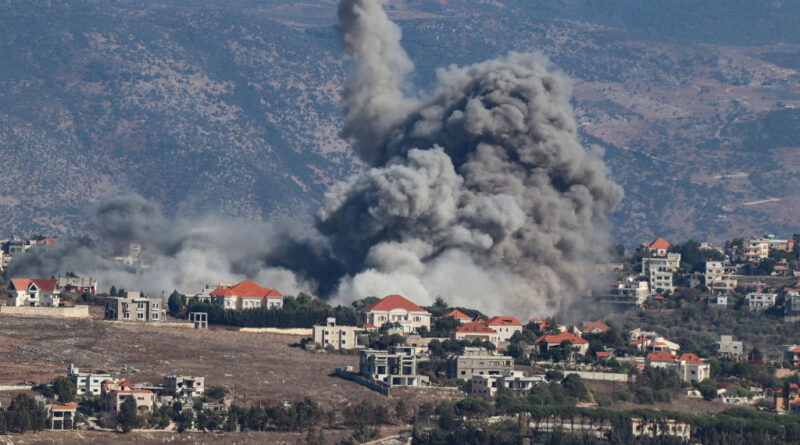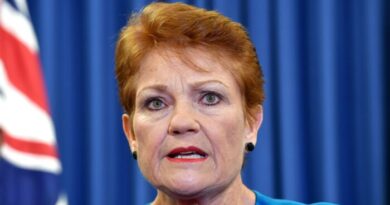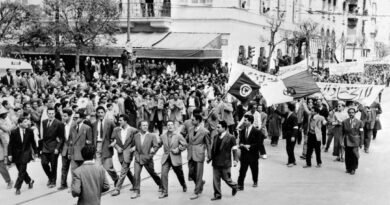Lebanese Prime Minister Optimistic for Ceasefire Despite US Push for 21-Day Truce
The United States, UK, France, Germany, Japan, and several other nations have jointly called for an immediate 21-day ceasefire across the Israel-Lebanon border.
Lebanon’s Prime Minister Najib Mikati expressed hope for a ceasefire between Israel and the Iranian-backed Hezbollah terrorist group to be reached soon.
On Wednesday, the United States, UK, France, Germany, Japan, and others called for the ceasefire across the border, also supporting a ceasefire in Gaza after discussions at the United Nations.
While welcoming the call for a truce, Mikati highlighted the importance of Israel’s commitment to enforcing international resolutions as key in implementing the ceasefire.
When asked about securing a ceasefire soon, Mikati said, “Hopefully, yes.”
Recent days have seen the heaviest airstrikes against Hamas in Lebanon in nearly two decades, with over 600 casualties reported by Lebanese authorities.
A statement released by 11 nations and the EU aims to allow civilians on both sides of the border to return home safely, recognizing that diplomacy cannot succeed amid escalating conflict.
“The situation between Lebanon and Israel since Oct. 8, 2023, is intolerable and presents an unacceptable risk of a broader regional escalation,” the statement reads, emphasizing the need for de-escalation.
Lebanon’s caretaker administration under Mikati includes Hezbollah ministers, a group seen as a significant political force in the country.
The proposed ceasefire along the Israel-Lebanon “Blue Line” marks a step towards potential diplomatic resolution, as stated by a senior White House official.
UN Special Coordinator for Lebanon Jeanine Hennis-Plasschaert welcomed the ceasefire call, emphasizing the need for space for diplomacy to succeed.
However, the violence continued as Israel carried out more strikes on Hezbollah targets, resulting in casualties, including Syrian refugees in Lebanon.
Israel is striving to secure its northern border and facilitate the return of displaced citizens, while Lebanon faces a significant challenge with thousands fleeing their homes and hospitals overwhelmed with the injured.
World leaders express concern over the rapid escalation of the conflict, highlighting the need for a diplomatic solution and the dismantling of threats for lasting peace.
Hezbollah and Hamas, both backed by Iran, are key players in the conflict escalating in the region.
Amidst the escalating tensions, there are fears that the conflict could lead to a broader war in the Middle East.
Reuters and Stephen Katte contributed to this report.



